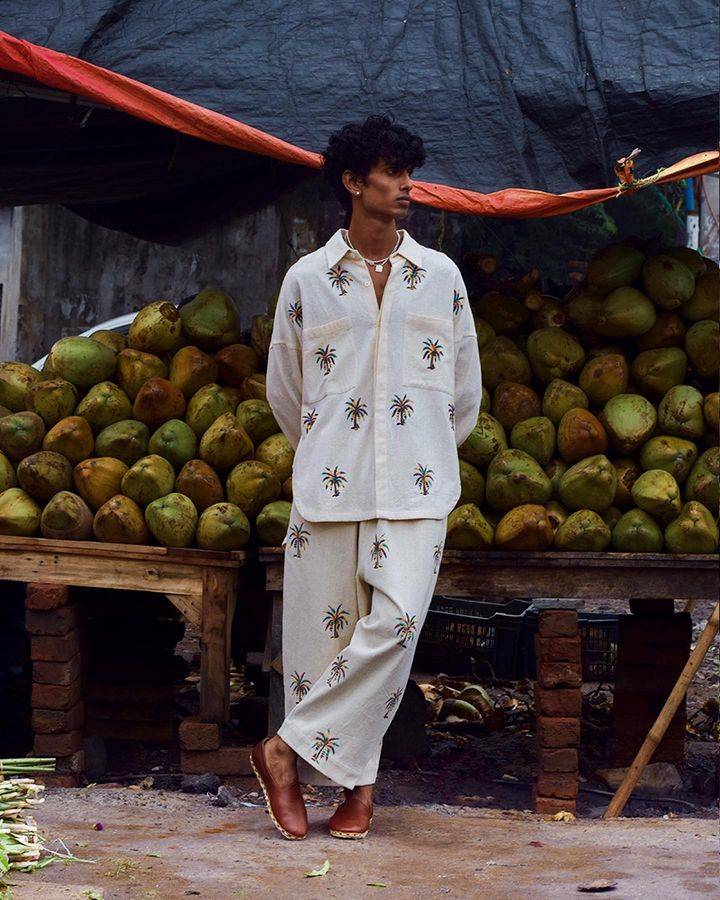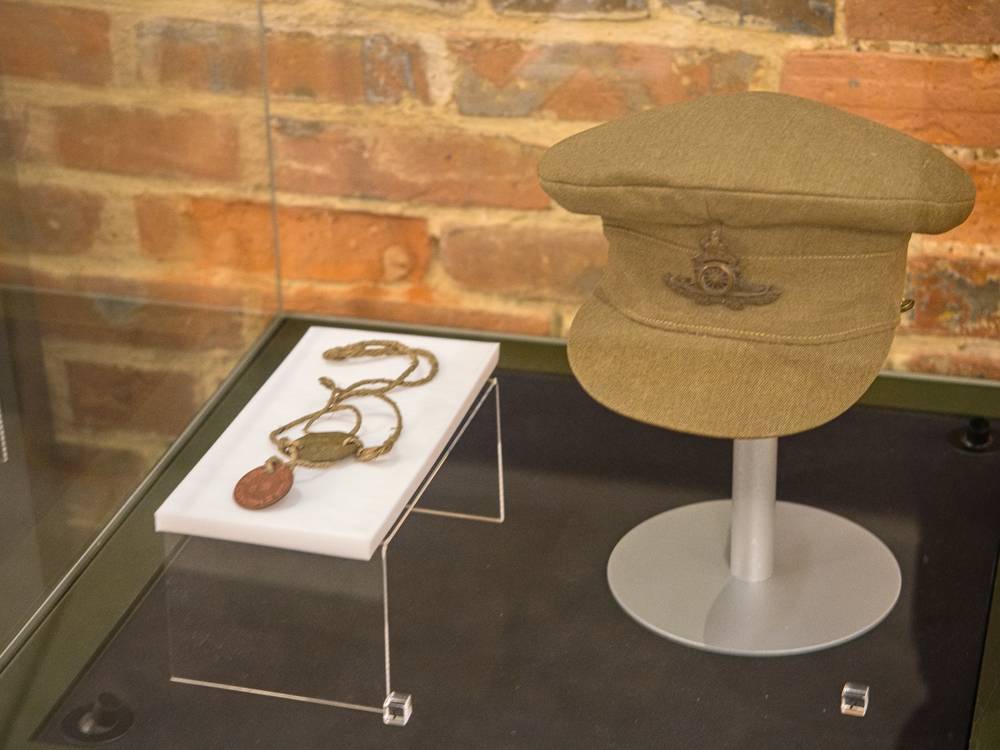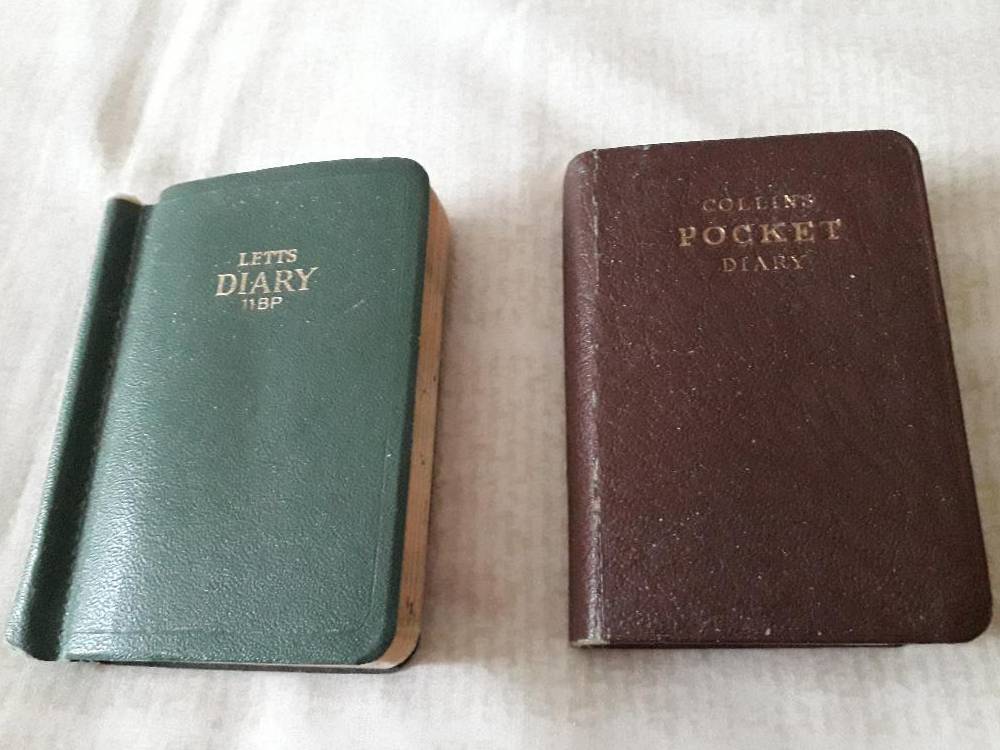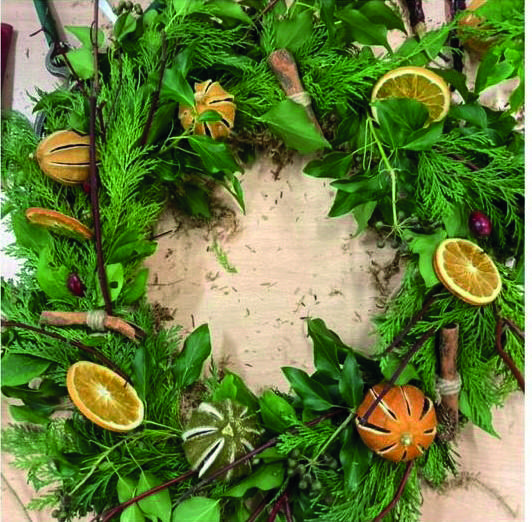A dress from Omi Na-Na was all over the news this summer. The brand’s founder Esha Ahmed tells us about creativity, dyslexia, moving to Marlow & more…
Esha Ahmed has earned her stripes in more ways than one. Akshata wore a Lina dress from Omi Na-Na as she accompanied her husband Rishi Sunak on his exit from Downing Street in July. This resulted in this wondrous design being splashed all over the national press.
But, while all this is wonderful publicity, it’s not about the big names for Esha, but the bigger picture. She takes pride in being part of the UK’s sustainable fashion community, prioritising people over profits. As you can tell from her beautiful garments, she champions longevity through craftsmanship over disposability.


“I’ve always been passionate about advocating for doing better – not just for ourselves but for communities worldwide,” says Esha. “My journey began in the policy world at the EU, driven by a desire to make a positive impact. However, my early 30s sparked a creative awakening, leading me to leave my job and start Omi Na-Na. This platform bridges the gap between fashion lovers in the UK and the most talented, yet often under-appreciated, artisans in India. It’s a win-win, fostering a meaningful relationship that benefits everyone involved.”
“It’s a win-win, fostering a meaningful relationship that benefits everyone involved”
Omi Na-Na is an online shop full of statement clothing, made both sustainably and ethically. Unlike mass retailers, the brand curates breathtaking clothing designs from talented designers in the global south, crafted in partnership with local artisans and made to order just for you. Yes: that means you may have to wait three or four weeks for your bespoke piece, but it will be made just for you through the most intricate hand-crafted processes such as hand-dyeing, hand-blocking printing and hand-embroidery. Each piece is a wearable piece of art!


The made-to-order process means Omi Na-Na operates sustainably, minimising textile waste which represents a huge global environmental issue. Buying “slow” from them also means supporting a new way of bringing fashion to life as each order contributes to uplifting artisans communities that have struggled due to the rise of the exploitative fast fashion system.
The “slow shopping” trend is gaining momentum with London’s most popular fashion influencers, stylists, academics, activists, celebrities and even individuals in political circles (hello Akshata!) embracing Omi Na-Na and other slow fashion brands.
Esha was diagnosed with dyslexia as a child. “I struggled with the stigma and lack of support throughout my education and early career,” she says. “Everything changed when I read The Dyslexic Advantage by Broke Eide & Fernette Eide. This book highlighted unique skills such as big-picture thinking, creativity, and problem-solving that are perfect for entrepreneurship! Embracing my dyslexia rather than fighting it has made life so much easier and fulfilling.”


Esha moved to Marlow from south-west London this summer with her family. “The change has been incredibly positive! We’ve settled into a welcoming neighbourhood where everyone is friendly and kids play together on the street. We love exploring the local woods with my son. The vibrant high street, river, and parks which drew us to Marlow haven’t disappointed us either. We’ve already got our favourite local spots like Marlow Green and farm shops that we’ve been visiting weekly.
“As we settle in, I look forward to connecting with other passionate about sustainable fashion and finding a pop-up location to showcase our beautiful designs. Until then, visit us online at Omi Na-Na or catch us at the Marlow In Your Element Festival’s fashion night out on 26th September. Exciting times ahead!”















